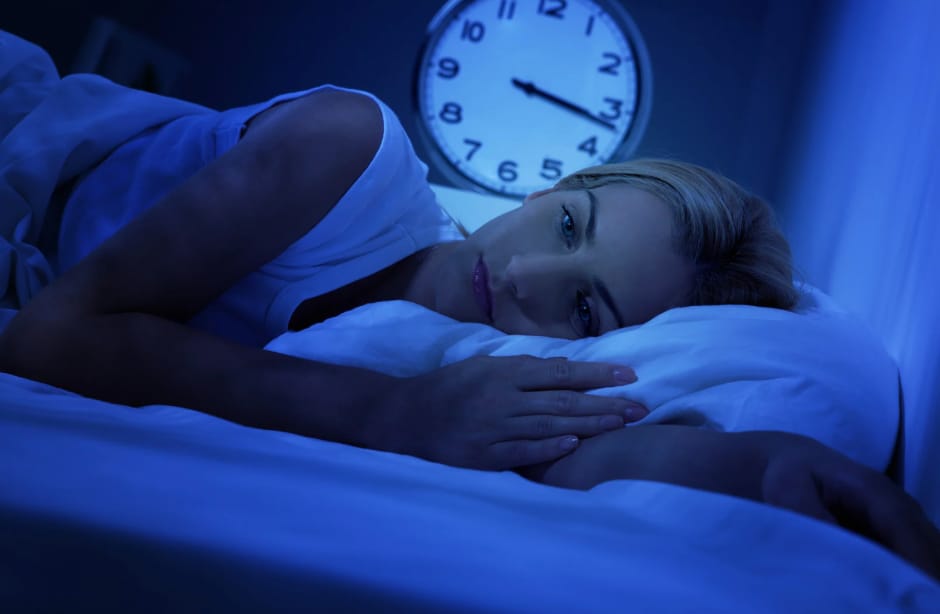Cannabinoids for Better Sleep
All Blog PostsSleep is one of the most essential pillars of health, yet millions struggle nightly with falling or staying asleep. As interest in natural remedies grows, cannabis plant compounds called cannabinoids are gaining attention for their potential to support healthier sleep patterns. Unlike traditional sleep medications, which can come with difficult side effects or risk of dependence, certain cannabinoids like tetrahydrocannabinol (THC), cannabidiol (CBD) and cannabinol (CBN) may offer gentler, non-intoxicating alternatives. Read on to learn more about cannabinoids for sleep and what the latest research is showing.
The use of cannabis as a sleep aid dates back thousands of years, with historical texts from cultures around the world noting its calming and sedative effects. Ancient Chinese pharmacopeias described cannabis as a remedy for sleeplessness, while Ayurvedic medicine in India included it as a treatment for anxiety and restlessness that interfered with sleep. In 19th-century Western medicine, cannabis extracts were commonly prescribed by physicians in Europe and North America to treat insomnia and nervous disorders. Even in the early 20th century, before prohibition, cannabis tinctures were listed in medical reference books as effective sedatives. These widespread historical accounts suggest that cannabis’s sleep-inducing properties have been recognized and valued long before modern science began to investigate them.
Because cannabis remains classified as a Schedule I substance under the Controlled Substances Act, scientific research into the medicinal properties cannabinoids has long been severely restricted. However, with the growing availability of medical cannabis across many U.S. states in recent decades, increasing patient reports of improved sleep have sparked renewed scientific interest in exploring the sleep-related properties of various cannabinoids.
What does the research say?
A November 2021 randomized clinical trial of the efficacy of a cannabinoid extract containing THC 20 mg + CBN 2 mg + CBD 1 mg per 1 ml (starting with 0.5 ml and increasing to 1 ml per dose) reported the Insomnia Sleep Index scale at the end of two weeks of cannabinoid treatment were improved significantly compared to treatment with placebo (p = 0.0001).1 Additionally the cannabinoid treatment reduced waking after sleep onset, increased total sleep time, and promoted greater sleep efficiency (p < 0.001). Participants also reported falling asleep faster, sleeping longer, having better sleep quality, and feeling more refreshed upon waking, all with statistically significant improvements. No serious adverse events were reported; all adverse events were mild and resolved overnight or soon after wakening. (1)
Cannabinol (CBN) has long been marketed as a natural sleep aid, yet until recently, there was little scientific evidence to back this claim. In 2024, a double-blind, placebo-controlled study involving 293 adults with “very poor or poor” sleep quality were randomized to receive one of five treatments over seven nights: placebo, 20 mg CBN alone, or 20 mg CBN combined with varying doses of CBD (10 mg, 20 mg, or 100 mg). (2)
The results showed that 20 mg of CBN alone led to a statistically significant reduction in the number of nighttime awakenings (p = 0.025) and overall sleep disturbances (p = 0.023), with a trend toward improved sleep quality (p = 0.082). However, CBN did not significantly impact how quickly participants fell asleep, how long they stayed asleep, or their level of daytime fatigue. Adding CBD at any dose did not enhance CBN’s effects.
While many people report that CBD helps them sleep better, the scientific evidence tells a more nuanced story—some individuals benefit, while others may not.
A 2021 retrospective case series examined the real-world use of CBD as an adjunct treatment for anxiety and sleep issues. The study reviewed clinical records from 103 adult patients, ultimately analyzing data from 72 individuals who presented with primary concerns of either anxiety or poor sleep.(3)
The results showed that most patients experienced noticeable improvements in both anxiety and sleep within the first month of starting CBD. Specifically, 79% saw reduced anxiety, and 67% reported better sleep. However, some patients experienced worsened symptoms—15% for anxiety and 25% for sleep. Over two months, improvements in anxiety remained consistent (78%), while improvements in sleep were somewhat less sustained (56%), with about a quarter of participants continuing to report sleep difficulties. Overall, CBD appeared to provide more reliable and longer-lasting relief for anxiety than for sleep disturbances, with sleep benefits tending to be milder and more variable—though it’s possible that for some individuals, reduced anxiety indirectly contributed to improved sleep.
One key characteristic of CBD is its biphasic effects—meaning it can have opposite actions depending on the dose. (4) This is particularly relevant when it comes to sleep. At lower doses, CBD tends to be alerting or even mildly stimulating (in fact, it's currently being studied as a potential treatment for narcolepsy, a condition marked by excessive daytime sleepiness). However, at higher doses, CBD has been shown to have more calming and sedating properties, which may support better sleep for some individuals.
Many people discover that combining cannabinoids works better than using just one on its own. This idea—known as synergy or the entourage effect—suggests that cannabinoids can enhance each other's benefits, often allowing for lower doses and fewer side effects. (5)
Insomnia is consistently one of the main conditions for which people utilize cannabis. If you or a loved one is struggling with insomnia or another sleep disorder, we can help you connect with a licensed practitioner for individualized guidance.

